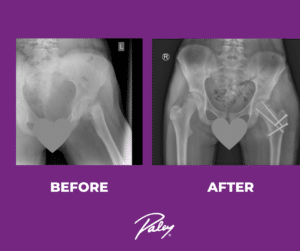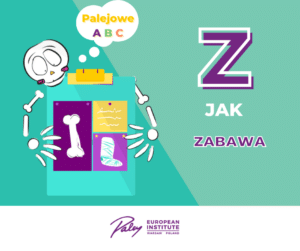By shaming your child, you want to achieve positive results – to change his or her undesirable behavior. But do we really achieve our goal this way? Rarely. In addition, we unknowingly sow fear in the child and inflame his/her self-esteem. This does not mean that shame is always and in every situation something harmful. Thanks to it we learn, among others, what norms prevail in the society, what is acceptable and what is not.
However, it is important to distinguish embarrassment as a feeling from shaming, which is an intentional act to provoke embarrassment.
Shame is an intentional act to provoke embarrassment: “At this age, you should draw better”, “Can’t you act like your sister?”, “So big and crying?”, “Do you really want to go to school dressed like that? You’ll be the laughing stock”, “I’m disappointed in you, I thought you were smarter”, “Oh what a shy kid, why are you so embarrassed?”, “Oh please, you finally spoke up”.
These are just examples of comments that many of you, as well as your children, have probably heard throughout your lives. These embarrassing messages are sometimes remembered for a very long time. And they don’t bring back fond memories or gratitude for the fact that someone shamed us and helped us change for the better. Instead, they leave painful marks and cracks in our self-perception as a valuable person.
Shaming leads children to believe that they cannot change. Instead of motivating them to take action, it can make them feel bad about themselves. When the person they love most in the world and whose opinion matters most to them says bad things about them, it can significantly affect their self-esteem and self-worth.
Shame should not be taken lightly because it has a strong impact on our lives and functioning. It can negatively impact mental health and lead to social withdrawal, depression, anxiety disorders, self-harm, and even addiction. Without other helpful strategies and without social support, some individuals will turn to consciousness-altering drugs to alleviate the psychological pain caused by shame. However, this is not a solution but a trap. So it’s worth looking at shame, and at the same time responding to attempts to shame children (or ourselves!).
Shame in itself is quite an insidious emotion because it stops us from seeking help and support. Admitting to ourselves and to others that we can’t do it alone and need outside help – whether material, psychological, or whatever – can be embarrassing and cause confusion.
Quite often shame, combined with feelings of guilt, arises in healthy siblings of sick children, but also in the parents themselves. What further feeds it and intensifies it is the feeling of alienation and fear of sharing their doubts and difficulties with other people.
As shame researcher Brené Brown says, shame grows in silence, and the cure for overcoming it is to talk about it and share it with others. For when we talk about our shame, it stops being a taboo subject and… it stops embarrassing us. Shame has a way of fueling itself and at some point we reach a point where we are ashamed of the fact that we feel this emotion.We are ashamed of our actions, thoughts and emotions and as a result we are ashamed of who we are.
We cannot completely protect our children from the experience of being shamed by other people, but we can help them understand that such behavior is not okay and they can protect themselves from it. When a child is aware of what is happening, they are more likely to be able to defend themselves and make it clear that their boundaries have been crossed.
By making a child feel safe and letting them know they can count on us, we increase the chance that if a child is having difficulties, they will come to us and seek help from us without fear. However, to effectively protect children from the negative effects of excessive shame, we must first disarm our own shame that we carry within us. This is not the easiest work, but it bears fruit, and its effects help to stop the cycle of shame that is very often transmitted from generation to generation.






